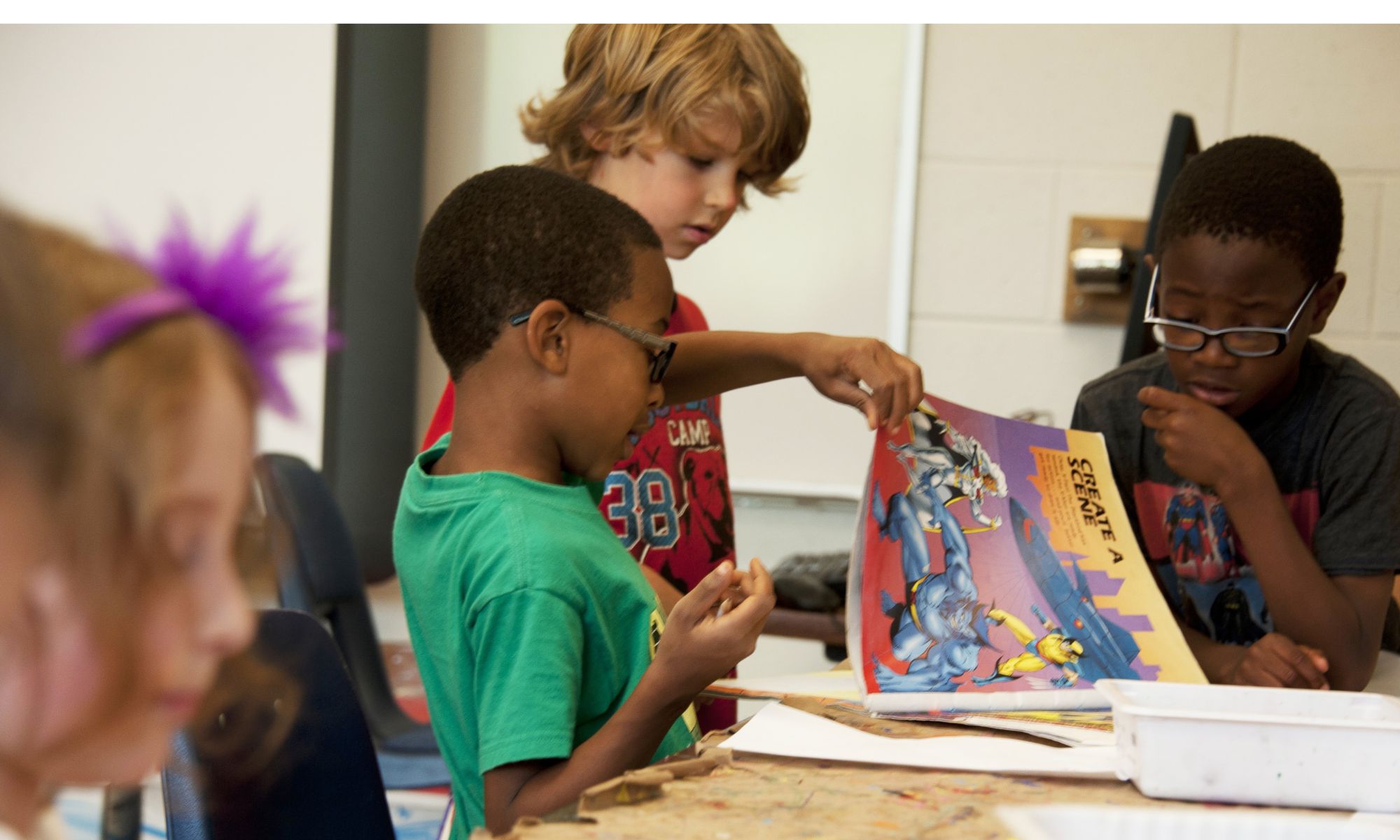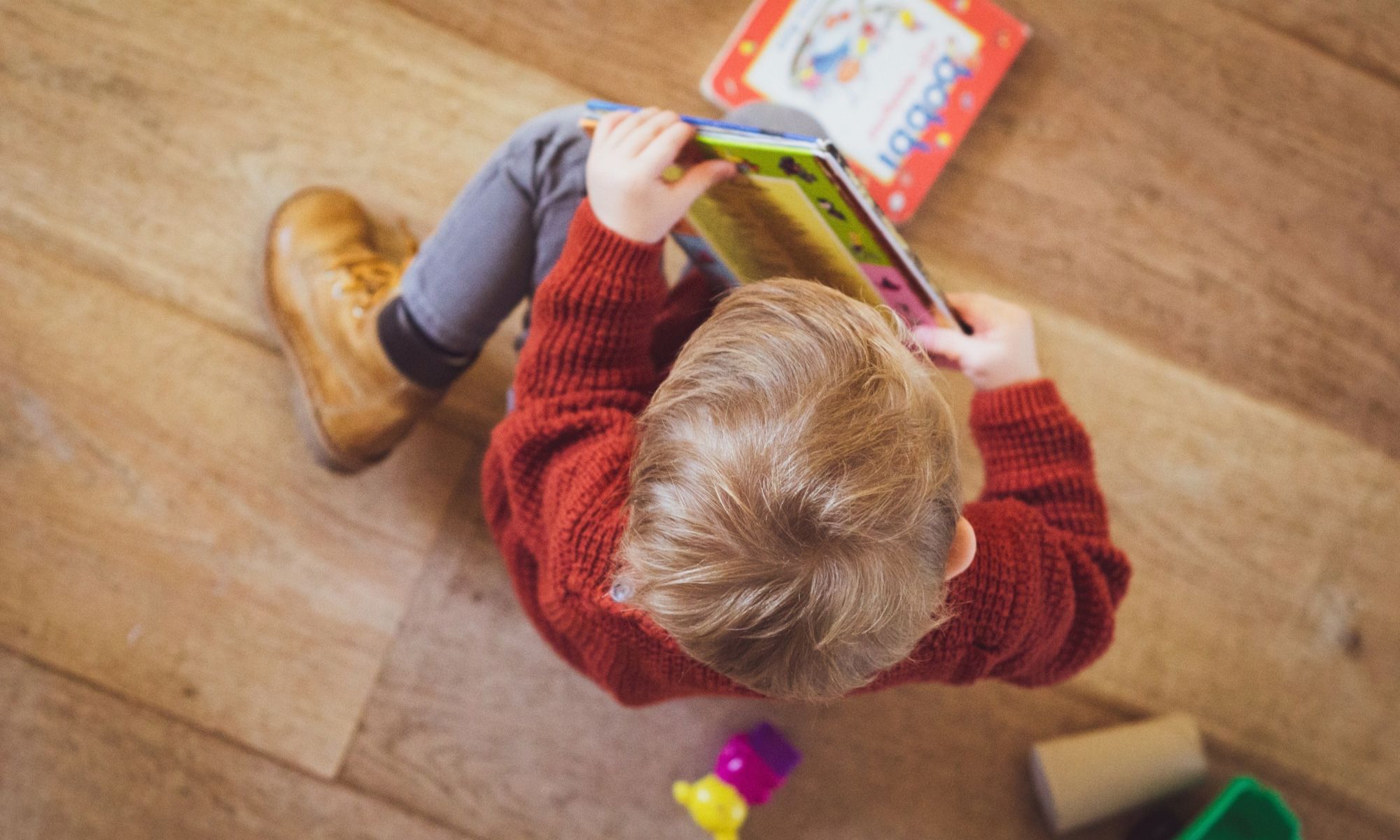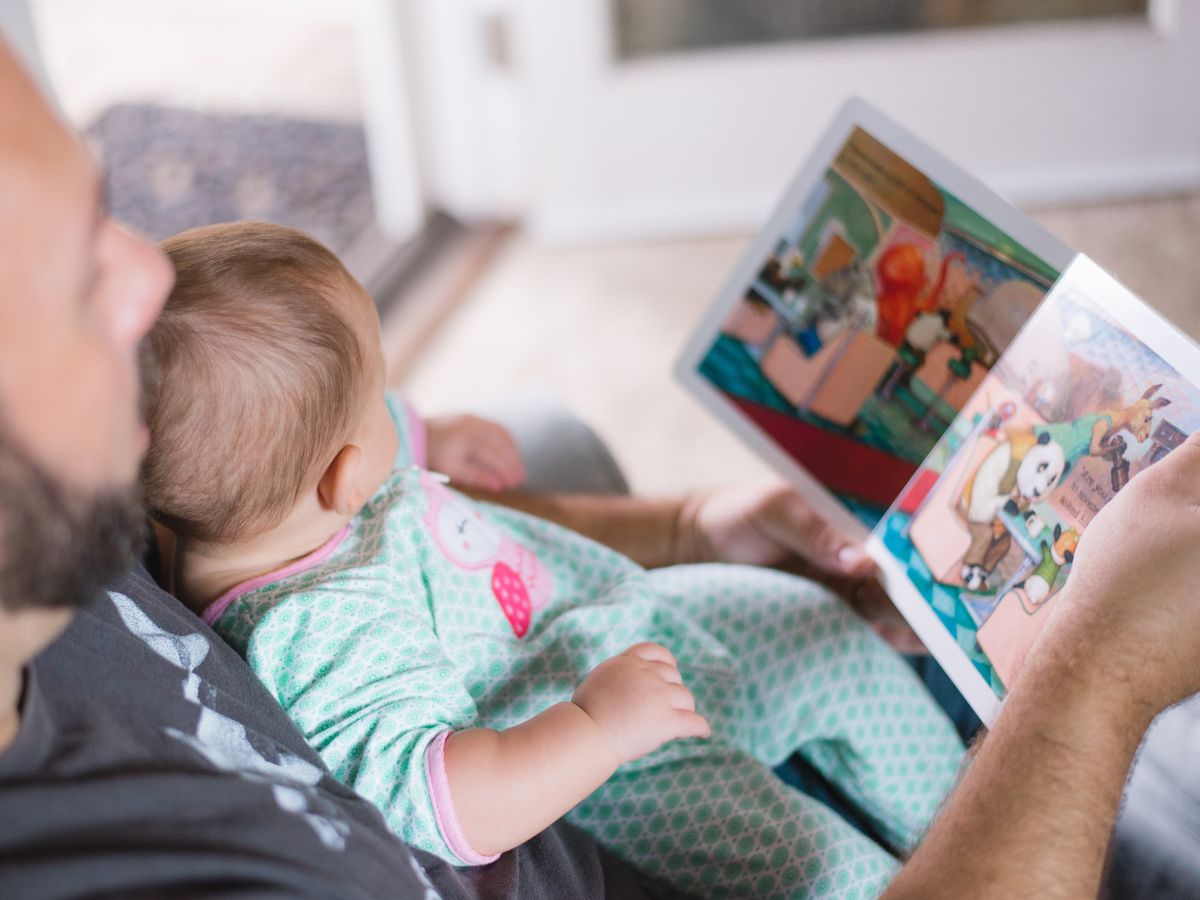As a parent, there are many things you should do to build a strong bond with your child. And one of the most powerful ways is reading aloud to them. The simple act of reading about someone else’s situation or adventures builds empathy and emotional intelligence in children, because they’re able to see themselves in characters that are coming from an honest place. Reading stories about emotions, different races and cultures, or even bullying help children develop a healthier perspective on the world around them that will shape their future outlook.
You don’t have to do a lot to make a big difference. Children love being read to and naturally develop an appreciation for books, so one of the easiest ways to bond with your child is by reading a story every night. This doesn’t have to be some big time commitment—just five minutes before bed can help children fall asleep and feel connected with their family members.
Reading is a great way for you and your child to communicate and connect, but it’s also good for them. All children need emotional intelligence and emotional literacy—the ability to identify feelings and understand what they mean. Reading helps them build the capacity to detect their emotions, the impact that others’ emotions have on them, and how best to respond.
Spending time with the child through reading helps the child feel closer to their parents. Through books, parents show that they care about their child’s feelings. A parent who wants their children to be self-sufficient and make the best choices for themselves will read stories with an honest tone, which helps children understand the world better.
Here are ways that reading improves a parent-child relationship:
1. Help Parent and child to connect.
A study found that reading was the number one activity that parents did with their children on a regular basis. A majority of parents said that they read to their children every day and wanted to do it even more. Reading is a great way for parents and children to connect on an intimate level without having to say anything, just by sitting down and spending time together, enjoying a narrative or learning new things.
2. Gives your child a sense of intimacy and well-being.
A lack of attachment between parent and child is one of the biggest factors in childhood problems, so it’s important for children to have a positive relationship with their parents. It’s easy to see that having a connection with parents can be an important factor in securing your child’s relationships later on. There are some studies that link reading and writing at a young age to increased academic achievement, self-esteem and good social skills down the road!
3. Increases discipline.
One of the most important things in raising children is to teach them how to manage their emotions. Parents are not perfect, so kids can sometimes get a little carried away. They might have emotional outbursts that they might not expect. A child who reads books has a better chance at developing emotional control and learning how to deal with difficult feelings. The reason is because they have experienced something similar before in the book. Since reading helps children develop emotional intelligence, it also teaches them respect and manners as well.
4. Make your child feel more independent.
Reading allows children to form their own opinions and assumptions, because they’re not being told what to think or feel. Parents can be very controlling, so reading lets your child learn to make his or her own decisions that are based on real situations. Children need to develop their own abilities. Reading lets them figure out things on their own and see the results of their decisions.
Conclusion
All in all, reading is one of the best ways to strengthen a parent-child relationship. The reading process can be fun and exciting. It’s important to read at different times of day. It builds a bond that is bonded by more than just routine




